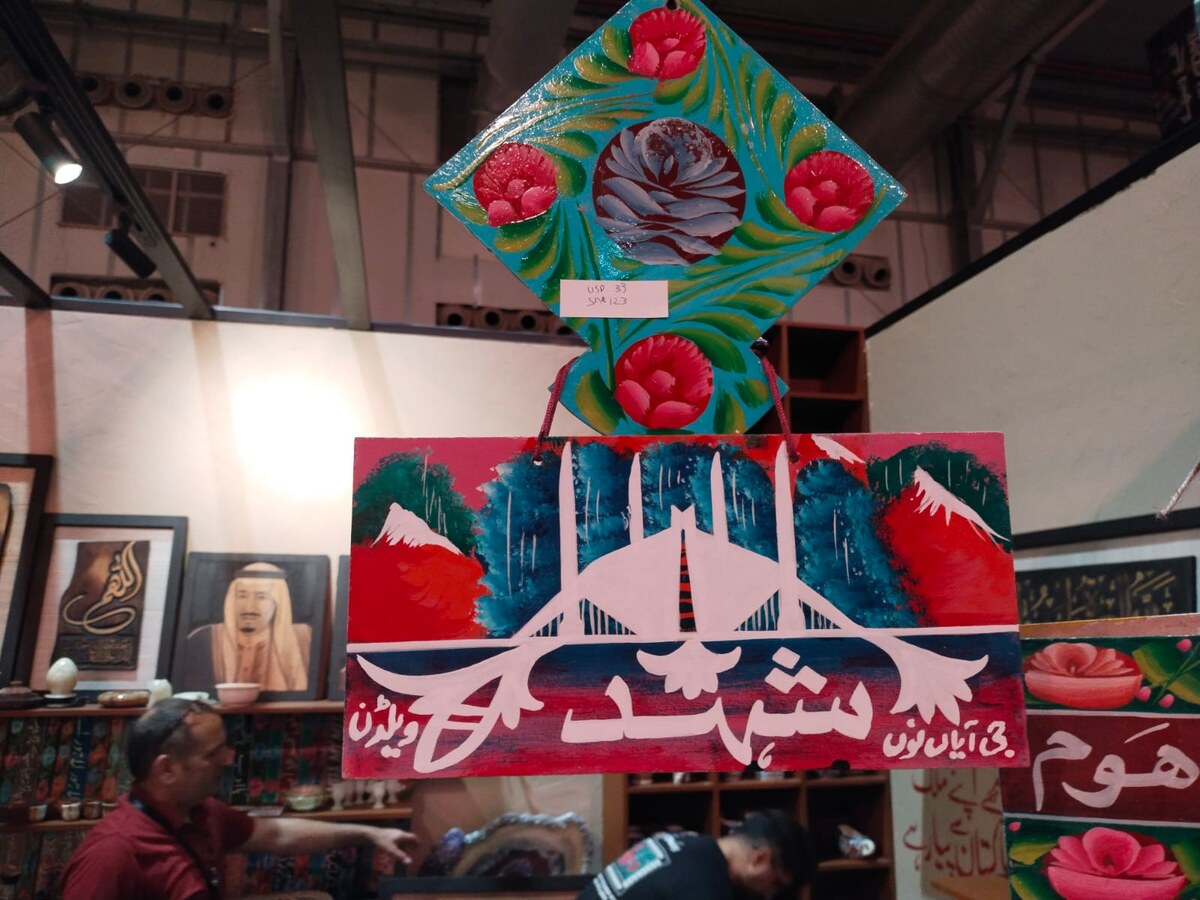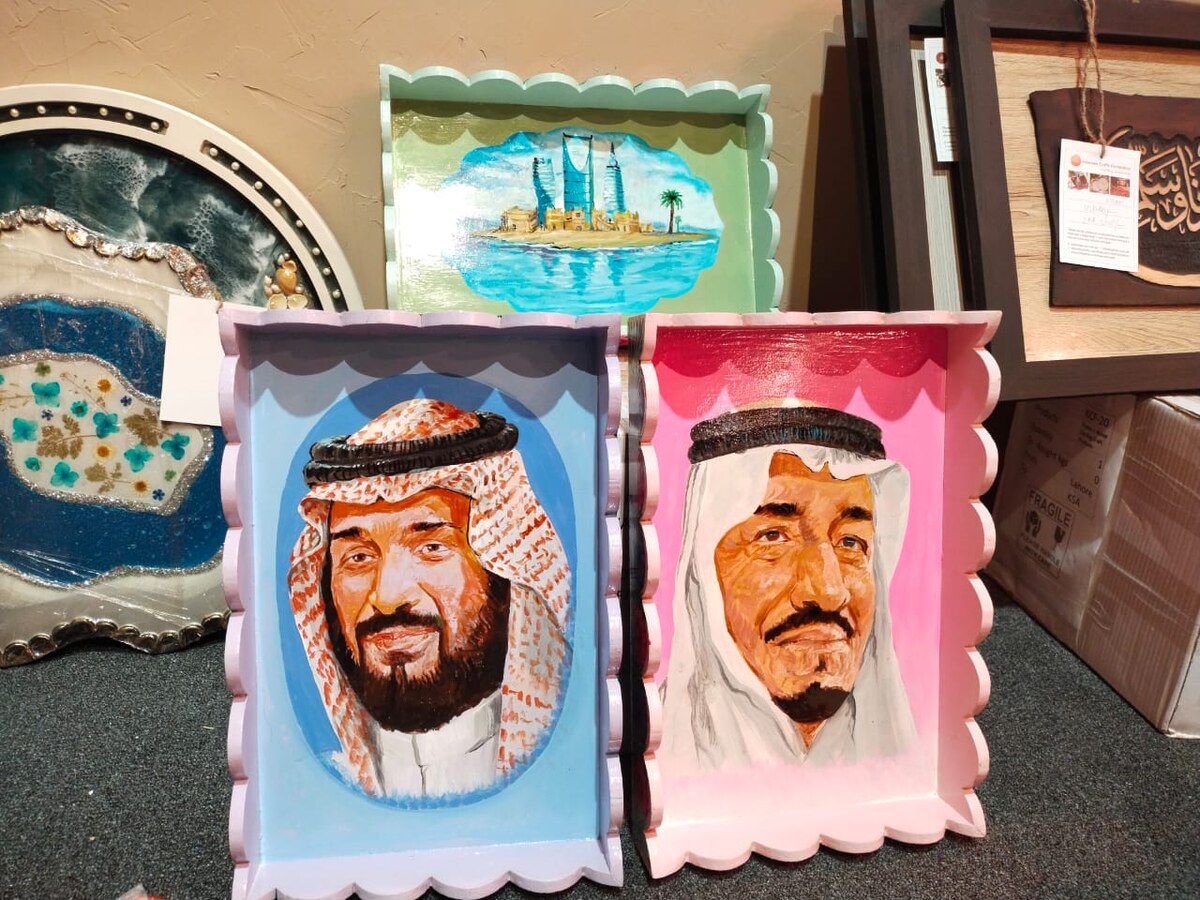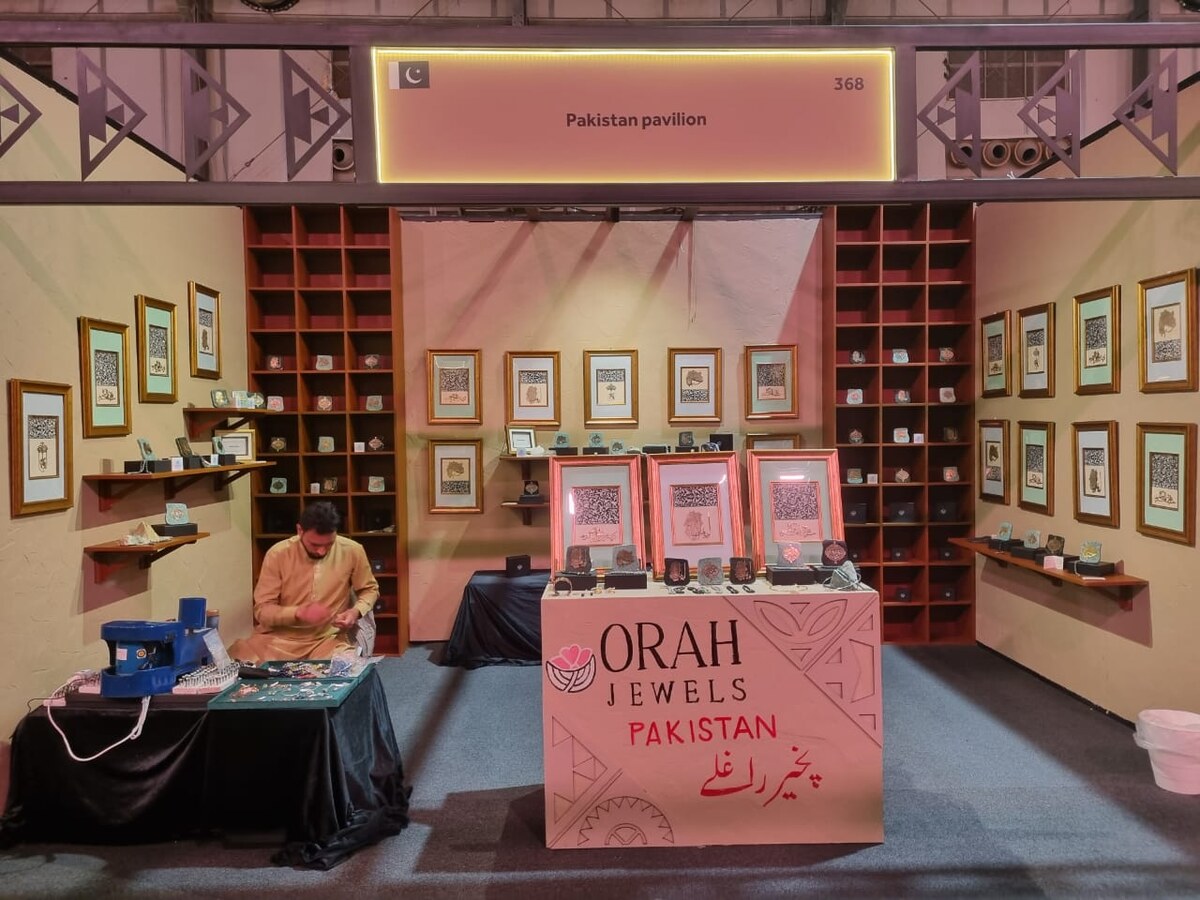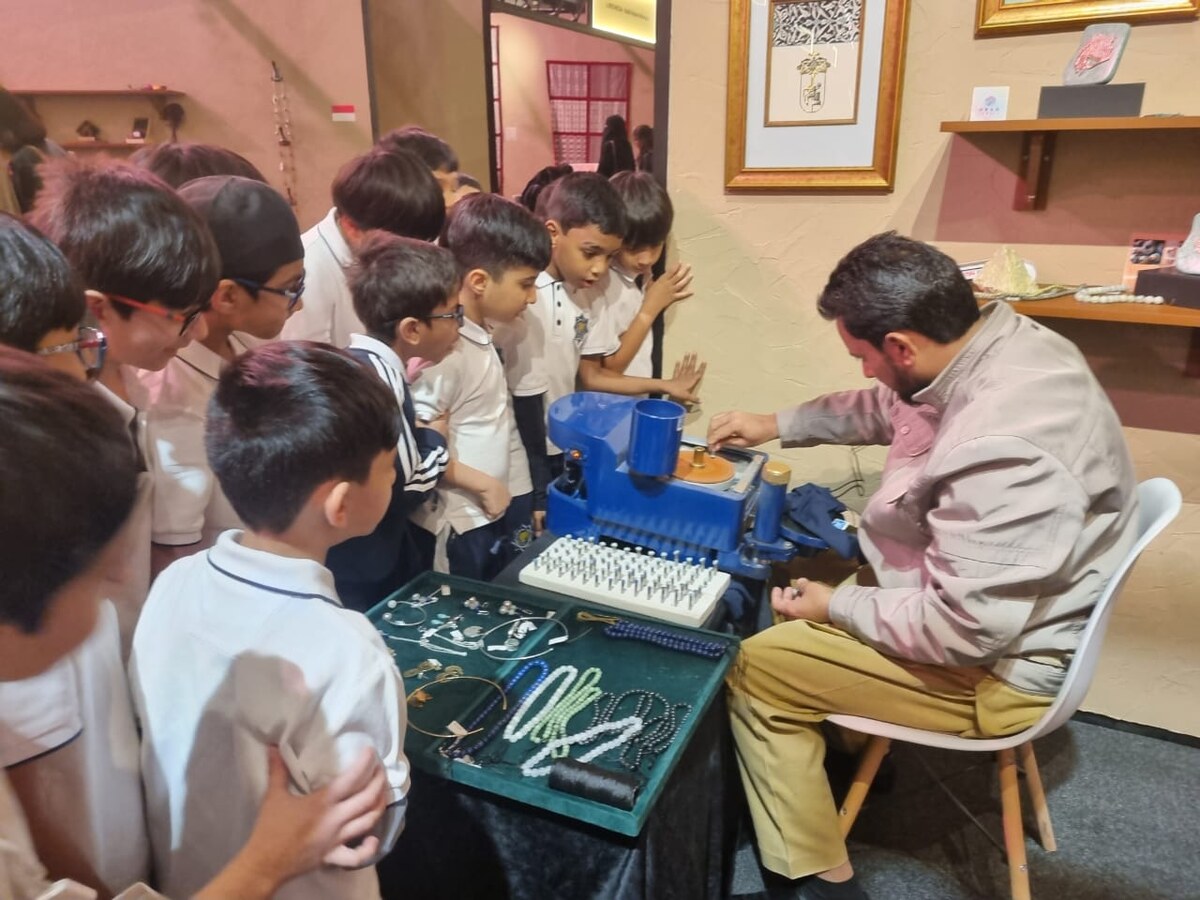UNITED NATIONS: Nafis Sadik, a Pakistani doctor who championed women’s health and rights and spearheaded the breakthrough action plan adopted by 179 countries at the 1994 UN population conference, died five days before her 93rd birthday, her son said late Monday.
Omar Sadik said his mother died of natural causes at her home in New York on Sunday night.
Nafis Sadik joined the UN Population Fund in 1971, became its assistant executive director in 1977, and was appointed executive director in 1987 by then Secretary-General Javier Perez de Cuellar after the sudden death of its chief, Rafael Salas. She was the first woman to head a major United Nations program that is voluntarily funded.
In June 1990, Perez de Cuellar appointed Sadik to be secretary-general of the fifth UN International Conference on Population and Development in 1994, and she became the architect of its groundbreaking program of action which recognized for the first time that women have the right to control their reproductive and sexual health and to choose whether to become pregnant.
The Cairo conference also reached consensus on a series of goals including universal primary education in all countries by 2015 — a goal that still hasn’t been met — and wider access for women to secondary and higher education. It also set goals to reduce infant and child mortality and maternal mortality and to provide access to reproductive and sexual health services, including family planning.
While the conference broke a taboo on discussing sexuality, it stopped short of recognizing that women have the right to control decisions about when they have sex and when they get married.
Natalia Kanem, current executive director of the UN Population Fund, called Sadik a “proud champion of choice and tireless advocate for women’s health, rights and empowerment.”
“Her bold vision and leadership in Cairo set the world on an ambitious path,” a journey that she said continued at the 1995 UN women’s conference in Beijing and with adoption of UN development goals since 2000 that include achieving gender equality and many issues in the Cairo program of action.
Since Cairo, Kanem said, “millions of girls and young women have grown up knowing that their bodies belong to them, and that their futures are there to shape.”
At the Beijing women’s conference a year after Cairo, Sadik told delegates: “The first mark of respect for women is support for their reproductive rights.”
“Reproductive rights involve more than the right to reproduce,” she said. “They involve support for women in activities other than reproduction, in fact liberating women from a system of values which insists that reproduction is their only function.”
After her retirement from the Population Fund in 2000, Sadik served as special adviser to the secretary-general and special envoy on HIV/AIDS in Asia and the Pacific.
UN Secretary-General Antonio Guterres said Sadik will be remembered “for her significant contributions to women’s health and rights and population policies and for her tireless efforts to combat HIV/AIDS,” his spokesman said. “She consistently called attention to the importance of addressing the needs of women, and of involving women directly in making and carrying out development policy, which she believed was particularly important for population policies and programs.”
Born in Jaunpur in British-ruled India, Nafis Sadik was the daughter of Iffat Ara and Muhammad Shoaib, a former Pakistani finance minister. After receiving her medical degree from Dow Medical College in Karachi, she began her career working in women’s and children’s wards in Pakistani armed forces hospitals from 1954 to 1963. The following year she was appointed head of the health section of the government Planning Commission.
In 1966, Sadik joined the Pakistan Central Family Planning Council, the government agency responsible for carrying out the national family planning program. She rose to be its director-general in 1970.
She also served an internship in gynecology and obstetrics at City Hospital in Baltimore and continued her medical education at Johns Hopkins University.
Sadik is survived by her five children, 10 grandchildren and four great-grandchildren.
“Mummy loved how she lived: wide open, welcoming, wonderful, generous beyond belief, gracious, and giving — always and all ways giving,” Omar Sadik said. “Our home was not huge, but mummy always found a way to make it seem limitless and she somehow managed to accommodate absolutely anyone that needed a bed, a couch, a meal, or a family.”
“She transcended age and time and was as equally beloved by people much older than her, as she was by tiny little children — because they recognized her heart,” he said. “She fit more into one day, than most of us do probably in one year — she was incomparable and she was unmatched.”
Nafis Sadik, champion women’s health and rights, dies at 92
https://arab.news/raez8
Nafis Sadik, champion women’s health and rights, dies at 92

- Sadik was the first woman to head a UN agency after she became executive director of UN Population Fund in 1987
- The Pakistani doctor maintained women should be liberated from the notion that reproduction was their only function
Lifting of EU safety agency ban on PIA flights will make air travel easier for Pakistanis — PM

- European Aviation Safety Agency suspended PIA’s authorization in June 2020 over aviation safety concerns
ISLAMABAD: Pakistan has welcomed the decision of the European Aviation Safety Agency (EASA) to lift a ban on Pakistan International Airlines (PIA) flights to the bloc, with Prime Minister Shehbaz Sharif saying it would make air travel earlier for Pakistanis living in Europe.
EASA suspended PIA’s authorization to operate in the EU in June 2020 over concerns about the ability of Pakistani authorities and its Civil Aviation Authority (PCAA) to ensure compliance with international aviation standards.
The suspension came days after Pakistan launched an investigation into the validity of pilots’ licenses issued in the country following a PIA plane crash that killed 97 people.
In his statement on Friday, PM Sharif said the lifting of EASA’s ban would strengthen the national flag carrier’s reputation and bring financial benefits to the airline, the state-run Radio Pakistani broadcaster reported.
“The lifting of the ban reflects the successful policies of Pakistan and air travel will become easier for Pakistanis living in Europe,” Sharif was quoted as saying by the broadcaster.
The ban was costing PIA nearly 40 billion Pakistani rupees ($144 million) in revenue annually, according to government records presented in parliament.
PIA and the government had been pressing EASA to lift the ban even provisionally. The government’s attempt to privatize the airline fell flat when it received only a single offer this year, that too well below its asking price.
In a statement, the PIA also vowed to abide by the EASA regulations as it welcomed the lifting of the ban.
“The PIA administration will remain fully compliant with EASA and its rules and regulations,” the airline said.
‘Incredible experience’: Pakistani artisans urge stronger cultural ties at Saudi exhibition

- The handicrafts week in Riyadh featured over 500 artisans who displayed a blend of traditions and skills
- Pakistani participants say they were delighted to see Saudi women entrepreneurs in huge numbers
KARACHI: Pakistani artisans participating in Saudi Arabia’s International Handicrafts Week, Banan, on Friday called for deepening cultural ties between the two nations, emphasizing the role of art and crafts in fostering mutual understanding.
The exhibition, held in Riyadh from Nov. 23 to Nov. 29, featured over 500 artisans from 25 countries, showcasing a vibrant blend of traditions and skills.
The event, organized by the Heritage Commission of the Saudi Ministry of Culture, highlighted the role of crafts in promoting cross-cultural dialogue.
Several Pakistani artisans were facilitated by their embassy to participate in Banan and represent their country’s rich culture.
“It is important to explore the ties between Pakistan and Saudi Arabia through a cultural lens, which has started to happen,” Danish Jabbar Khan, CEO of Kaarvan Crafts Foundation and a participant at the event, told Arab News over the phone.
“The cultural exchange is the way forward for two countries to understand each other," he continued. "It’s simpler and long-lasting. People-to-people exchange is very important that such platforms allow.”
Khan’s foundation works with rural communities, particularly women, to preserve traditional crafts such as truck art, blue pottery and woodwork.

“The experience [of participating in the exhibition] was phenomenal,” he said. “The culture here is so open in terms of its scale, work, and inclusion. I am delighted to see Saudi women entrepreneurs in huge numbers.”
A highlight of the exhibition was truck artist Ejaz ul Allah Mughal, who created custom pieces for attendees.

“I am happy that I represented Pakistan,” Mughal said, adding: “Though language was a barrier, art knows no boundaries. People here really appreciated my craft. Truck art is famous worldwide, so people know about it.”
Mariya Suhail, who uses a diverse range of Pakistan’s gemstones in jewelry, also took her craft to Banan. She set up Pakistan’s first gemstone cutting and processing facility in Lahore over a decade ago, though she later launched her own label, Orah Jewels.
Suhail's work blends Pakistan’s diverse gemstones into jewelry and home décor.

“People here picked up gemstones from Pakistan and loved it," she told Arab News. "There is a lot of demand for Pakistani products here. People of Riyadh also have a very positive outlook towards Pakistan.”
She maintained that despite the language barrier, there was a lot of learning, networking and exposure.
“Cultural exchange is very important," she added. "I wish we can have more such events and opportunities to present this very beautiful image of Pakistan. It's been an incredible experience here.”

The Embassy of Pakistan in Riyadh also commended the artisans’ participation, calling the Pakistani pavilion a testament to the country's rich cultural heritage and the unparalleled quality of its craftsmanship.
"From intricate handmade designs to traditional artistry passed down through generations, the showcased crafts highlighted the deep-rooted legacy of Pakistan's artisan community,” it said in a statement.
At least five killed in road crash in Pakistan’s Balochistan province

- The crash occurred after driver of a speeding car lost control of it and hit a truck
- Fatal road accidents are common in Pakistan where traffic rules are rarely followed
QUETTA: At least five people were killed after a speeding car hit a truck in Pakistan’s southwestern Balochistan province, an official said on Friday.
The vehicle carrying five people onboard was en route to Loralai from Quetta, when it crashed into the truck coming from the opposite direction in Sarki Jangal area, according to Loralai Deputy Commissioner Meeran Baloch.
The accident occurred after the driver of the speeding car lost control at a curve section of the highway.
“Five people traveling in the car, including principal of the Government Boys Degree College Loralai, were killed,” Baloch told Arab News.
“The bodies were shifted to the District Headquarters Hospital Loralai, where four of them have been identified.”
Fatal road accidents are common in Pakistan where traffic rules are rarely followed and roads, particularly in rural and mountainous areas, are in poor condition.
Such accidents are frequent in Balochistan where single-carriage roads connect various cities, and even some highways lack modern safety features.
Late last month, at least 12 people were killed and more than a dozen others sustained injuries in three fatal road accidents in the southwestern Pakistani province.
Pakistan forms task force against Islamabad protesters as Imran Khan’s party seeks action against ministers

- Task force will be headed by the interior minister and will identify those who ‘spread violence’ in the capital
- PTI’s information secretary shares 12 names, saying the party has evidence they were killed in Islamabad
ISLAMABAD: Prime Minister Shehbaz Sharif on Friday formed a task force to identify and prosecute individuals involved in last week’s protest in Islamabad, as the opposition Pakistan Tehreek-e-Insaf (PTI) claimed 12 supporters were killed in clashes and demanded police cases against top government ministers.
The PTI protest began on November 24 as the party supporters demanded the release of jailed leader, former premier Imran Khan, who has been incarcerated for over a year.
The government had warned against demonstrations in the federal capital, but protesters gathered in defiance, resulting in a crackdown against them. While PTI accuses the government of using live ammunition to kill and seriously injure demonstrators, officials claim PTI activists fired on security forces, killing five personnel.
The task force, headed by Interior Minister Mohsin Naqvi, was announced as Sharif chaired a high-level security meeting, with Chief of Army Staff General Asim Munir in attendance, in Islamabad.
“The task force will ensure those responsible for spreading chaos and violence on November 24 are identified and brought to justice in accordance with the law,” the PM Office said in the statement.
Meanwhile, PTI’s Secretary Information Sheikh Waqas Akram, speaking at a news conference in Peshawar, alleged that the government had indiscriminately targeted protesters, sharing names of 12 individuals the party said were killed.
He said videos and evidence from the protest site near the parliament building in Islamabad corroborated the party claims, adding that the actual death toll could be higher as many were missing or critically injured.
“We strongly demand police complaints be lodged against the prime minister, the interior minister and information minister,” he said. “Without this, public unrest will continue to grow.”
“We urge the judiciary to step forward and ensure these killers are brought to justice,” he added.
The government has also announced plans to create a federal riot control force, saying it would be equipped with international-standard resources and skills to prevent such protests in the future.
Pakistan, China hold joint military drill amid Beijing’s concerns over attacks on nationals

- Warrior VIII, which began on November 19, aims to bolster counterterrorism capabilities
- Pakistan’s army chief interacted with the participants of the exercise and praised their morale
ISLAMABAD: Chief of Army Staff (COAS) General Asim Munir on Friday visited the National Counter Terrorism Center (NCTC) in Pabbi, located in the Gujrat division of Punjab province, to observe a joint counterterrorism exercise between the Pakistan Army and the People’s Liberation Army (PLA) of China, said an official statement.
The three-week “Warrior VIII” exercise, which began on November 19, is the eighth iteration of bilateral training aimed at bolstering counterterrorism capabilities and enhancing military cooperation.
The exercise comes as China’s security concerns in Pakistan have grown following a spate of attacks targeting Chinese nationals working on dozens of lucrative projects in the country.
“The COAS was briefed on the scope and conduct of the exercise,” the military’s media wing, Inter-Services Public Relations (ISPR), said. “He also interacted with the participants of the exercise.”
Thousands of Chinese nationals have been working on the multibillion-dollar China-Pakistan Economic Corridor (CPEC) for nearly a decade, with several of them being targeted by different militant groups operating in Pakistan.
Earlier this year, in March, a suicide bomber attacked a convoy near Besham in Khyber Pakhtunkhwa, killing five Chinese engineers. A few months later, in October, a bombing near Karachi airport targeted Chinese workers ahead of the Shanghai Cooperation Organization (SCO) Summit in Islamabad.
Beijing has voiced concerns over the safety of its citizens working in Pakistan and has reportedly proposed a joint security mechanism.
However, the foreign office said this month the two countries have a “robust dialogue and cooperation” on a range of issues, including counterterrorism and the security of Chinese nationals in the country.
It also expressed the government’s resolve to work with Chinese authorities to ensure the safety and security of their nationals, as well as their projects and investments.
According to Voice of America, Warrior VIII is the first joint counterterrorism exercise between the two countries in five years.
The ISPR said General Munir also praised the professionalism and high morale of the officers and soldiers participating in the joint military exercise.










